Facebook gave 60 device makers, including Apple and Samsung, secret access to the data of users and friends
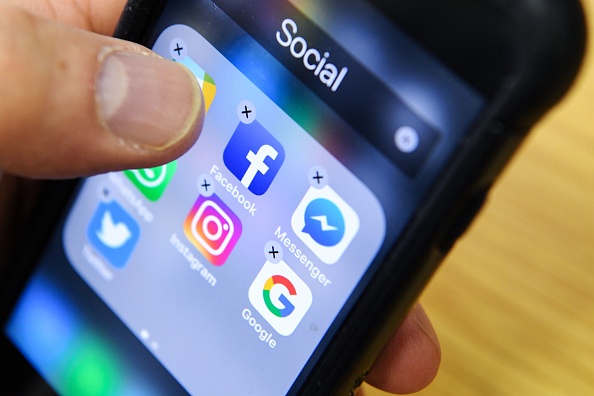

Facebook got in hot water this spring over its evidently cavalier attitude toward the private data of its users, after it emerged that Cambridge Analytica accessed and weaponized the data of up to 87 million users through an online quiz taken by only about 300,000 people. But Facebook also had undisclosed arrangements with at least 60 device makers that gave Samsung, Apple, Amazon, Microsoft, BlackBerry, and other companies access to large amounts of data on users and their friends, The New York Times reports.
Facebook argued that these agreements, which it began signing in 2007 and started winding down in April, did not violate its terms of service or the 2011 consent decree it reached with the Federal Trade Commission because it considers the makers of hardware like smartphones and tablets "service providers" and an extension of Facebook, not third parties. The 2011 consent decree forbade Facebook from sharing the data of a user's friends without their explicit consent. The agreements with device makers allowed such activity, the Times says; according to its own research, a reporter who logged into a 2013 BlackBerry found the device had access to more than 50 types of information about him and his friends.
Former Facebook employees told the Times they were surprised Facebook allowed this to continue for so long. Sandy Parakilas said that before he left the company in 2012, "this was flagged internally as a privacy issue," and "it is shocking that this practice may still continue six years later." Former FTC chief technologist Ashkan Soltani compared the agreements to "having door locks installed, only to find out that the locksmith also gave keys to all of his friends so they can come in and rifle through your stuff without having to ask you for permission." You can read more about the agreements and the response from device makers at The New York Times.
Subscribe to The Week
Escape your echo chamber. Get the facts behind the news, plus analysis from multiple perspectives.

Sign up for The Week's Free Newsletters
From our morning news briefing to a weekly Good News Newsletter, get the best of The Week delivered directly to your inbox.
From our morning news briefing to a weekly Good News Newsletter, get the best of The Week delivered directly to your inbox.
Sign up for Today's Best Articles in your inbox
A free daily email with the biggest news stories of the day – and the best features from TheWeek.com
Peter has worked as a news and culture writer and editor at The Week since the site's launch in 2008. He covers politics, world affairs, religion and cultural currents. His journalism career began as a copy editor at a financial newswire and has included editorial positions at The New York Times Magazine, Facts on File, and Oregon State University.
-
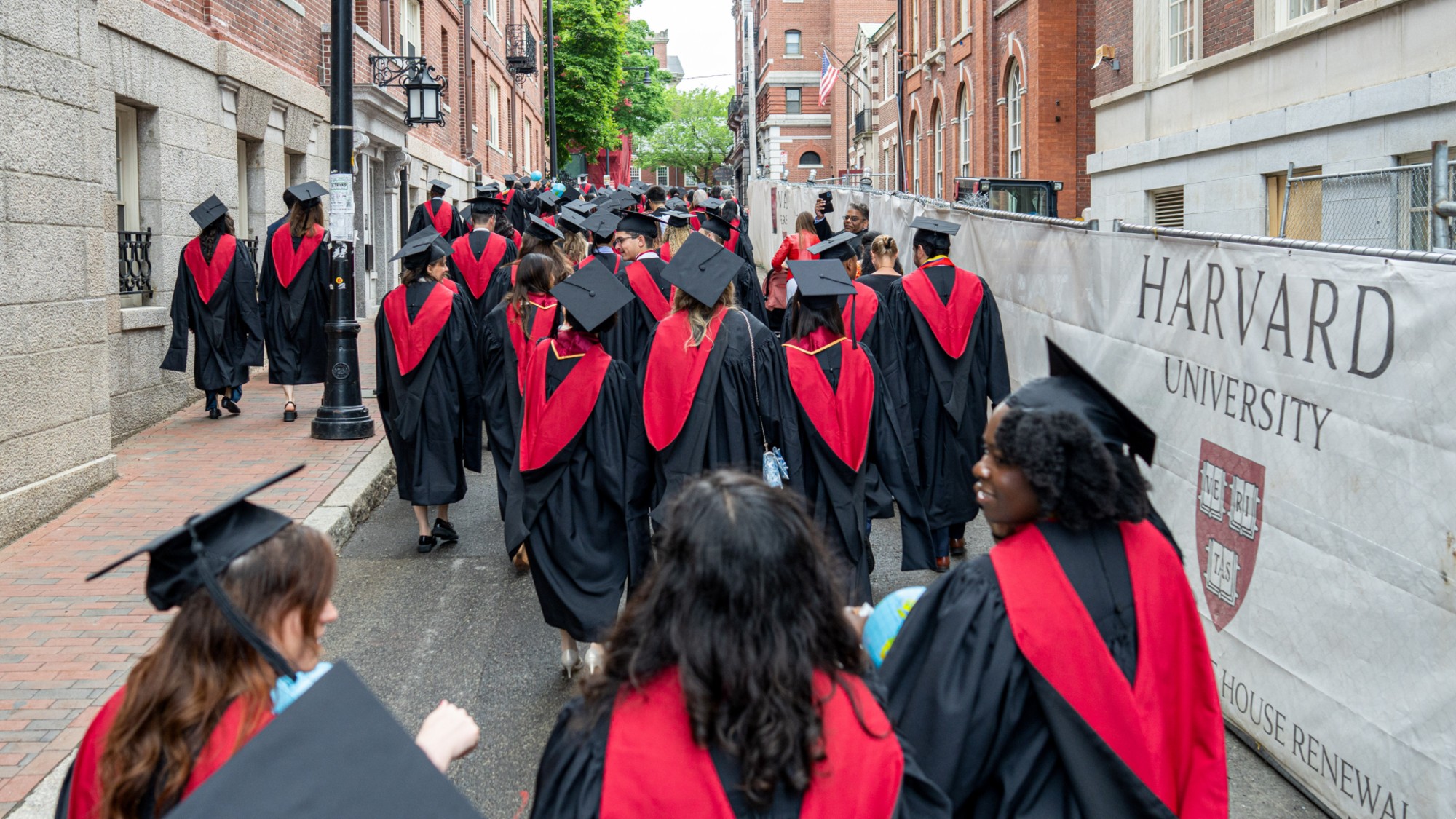 Colleges are canceling affinity graduations amid DEI attacks but students are pressing on
Colleges are canceling affinity graduations amid DEI attacks but students are pressing onIn the Spotlight The commencement at Harvard University was in the news, but other colleges are also taking action
-
 When did computer passwords become a thing?
When did computer passwords become a thing?The Explainer People have been racking their brains for good codes for longer than you might think
-
 What to know before 'buying the dip'
What to know before 'buying the dip'the explainer Purchasing a stock once it has fallen in value can pay off — or cost you big
-
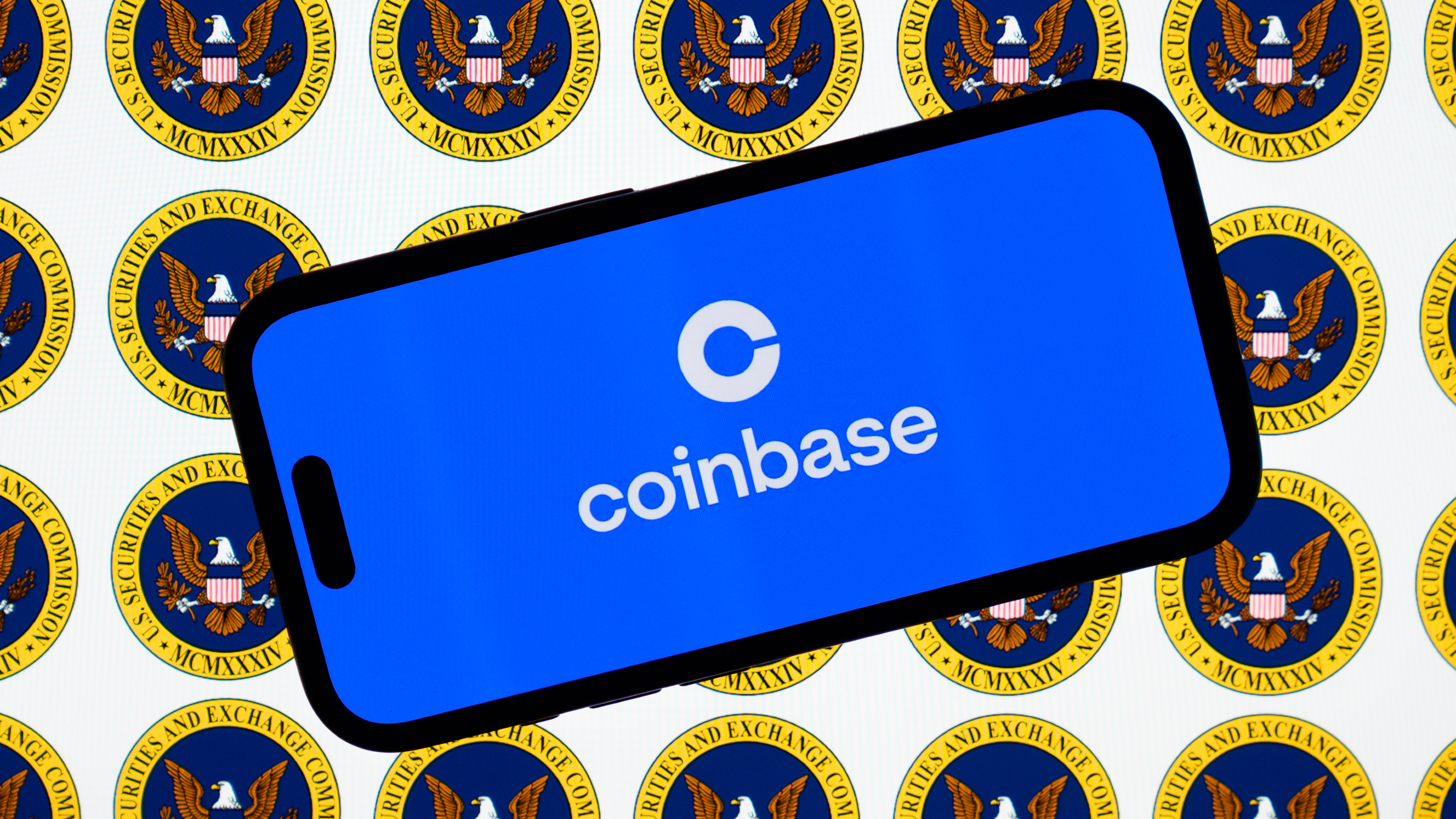 Crypto firm Coinbase hacked, faces SEC scrutiny
Crypto firm Coinbase hacked, faces SEC scrutinySpeed Read The Securities and Exchange Commission has also been investigating whether Coinbase misstated its user numbers in past disclosures
-
 Starbucks baristas strike over dress code
Starbucks baristas strike over dress codespeed read The new uniform 'puts the burden on baristas' to buy new clothes, said a Starbucks Workers United union delegate
-
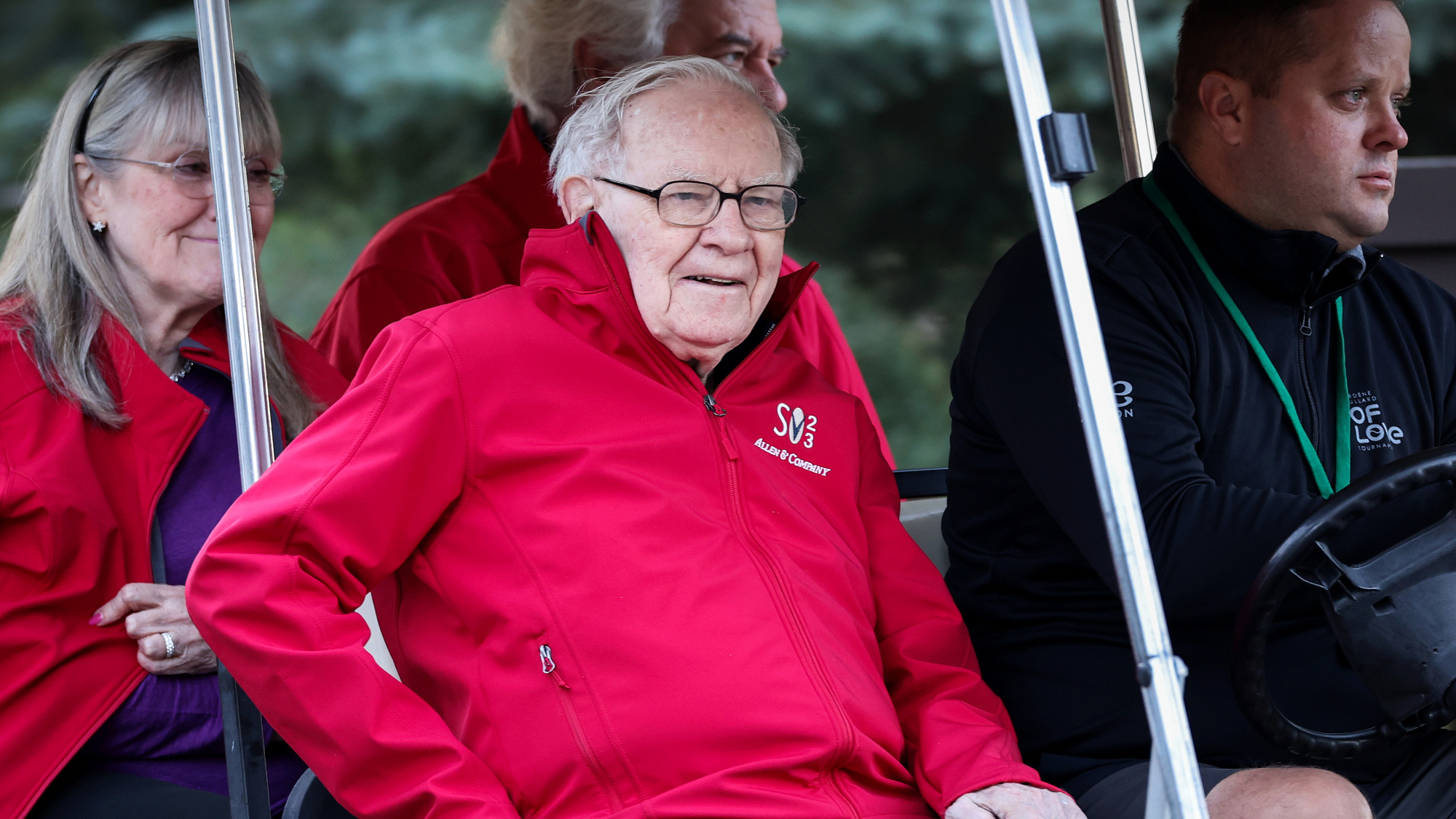 Warren Buffet announces surprise retirement
Warren Buffet announces surprise retirementspeed read At the annual meeting of Berkshire Hathaway, the billionaire investor named Vice Chairman Greg Abel his replacement
-
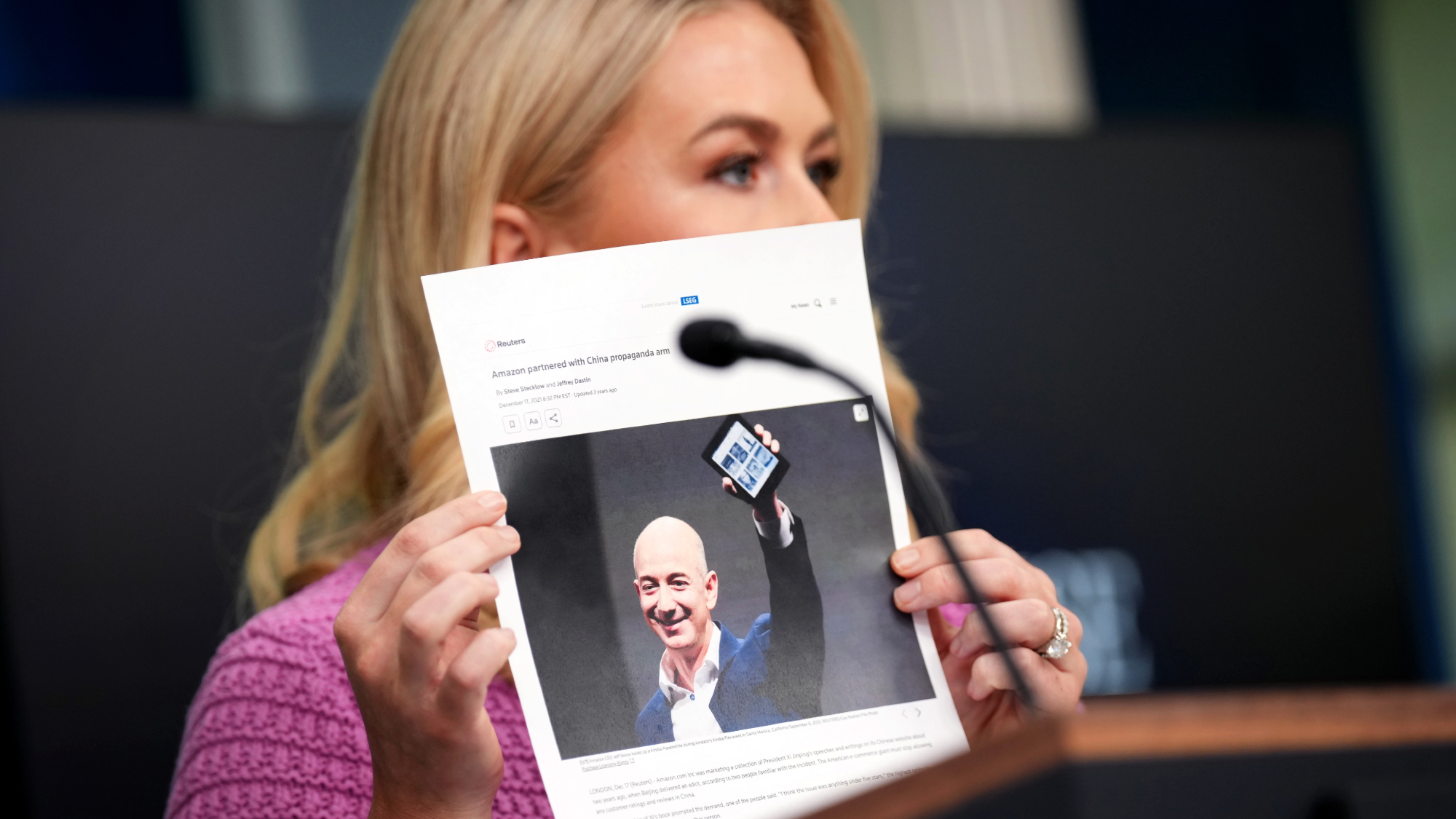 Trump calls Amazon's Bezos over tariff display
Trump calls Amazon's Bezos over tariff displaySpeed Read The president was not happy with reports that Amazon would list the added cost from tariffs alongside product prices
-
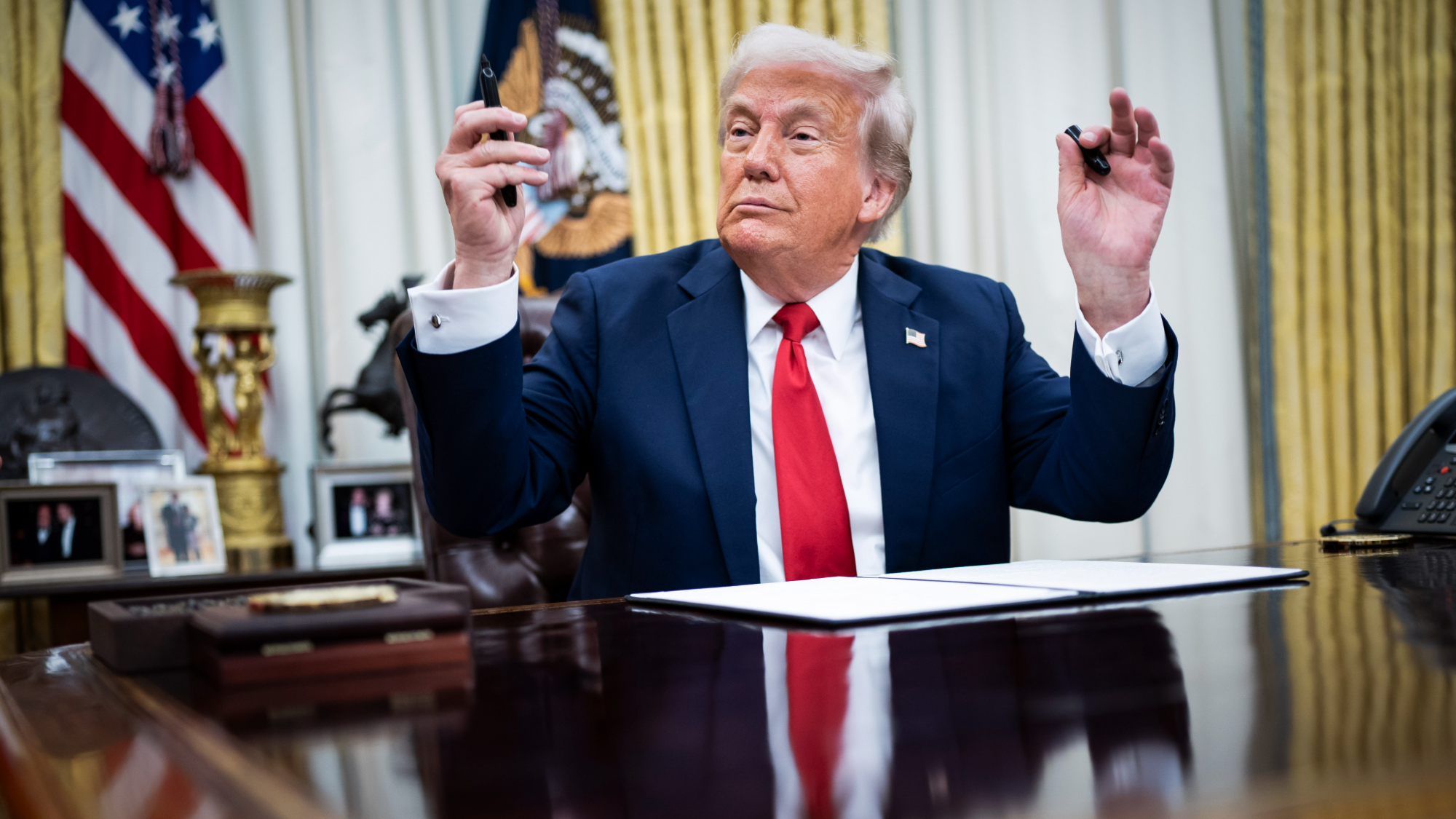 Markets notch worst quarter in years as new tariffs loom
Markets notch worst quarter in years as new tariffs loomSpeed Read The S&P 500 is on track for its worst month since 2022 as investors brace for Trump's tariffs
-
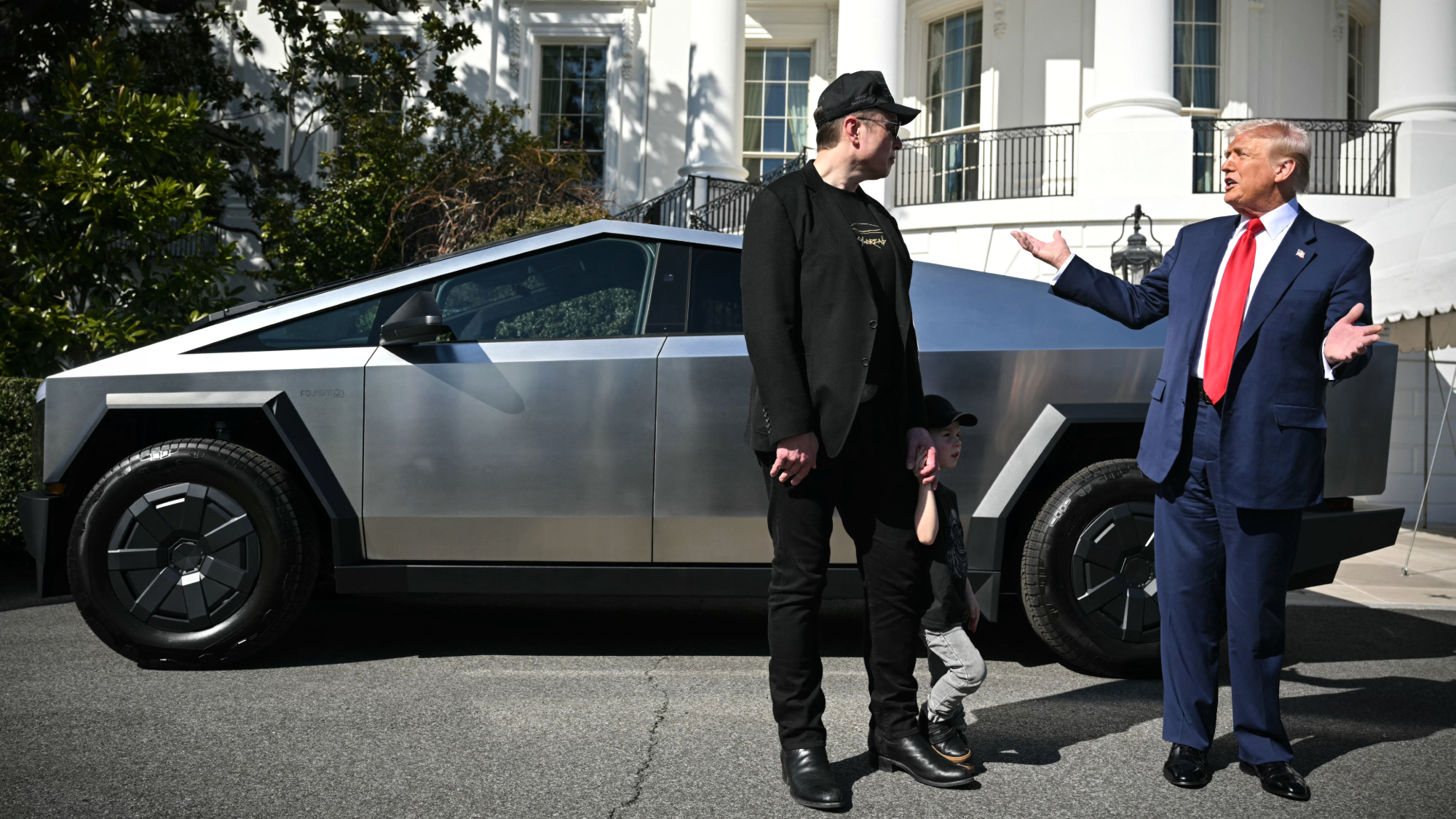 Tesla Cybertrucks recalled over dislodging panels
Tesla Cybertrucks recalled over dislodging panelsSpeed Read Almost every Cybertruck in the US has been recalled over a stainless steel panel that could fall off
-
 Crafting emporium Joann is going out of business
Crafting emporium Joann is going out of businessSpeed Read The 82-year-old fabric and crafts store will be closing all 800 of its stores
-
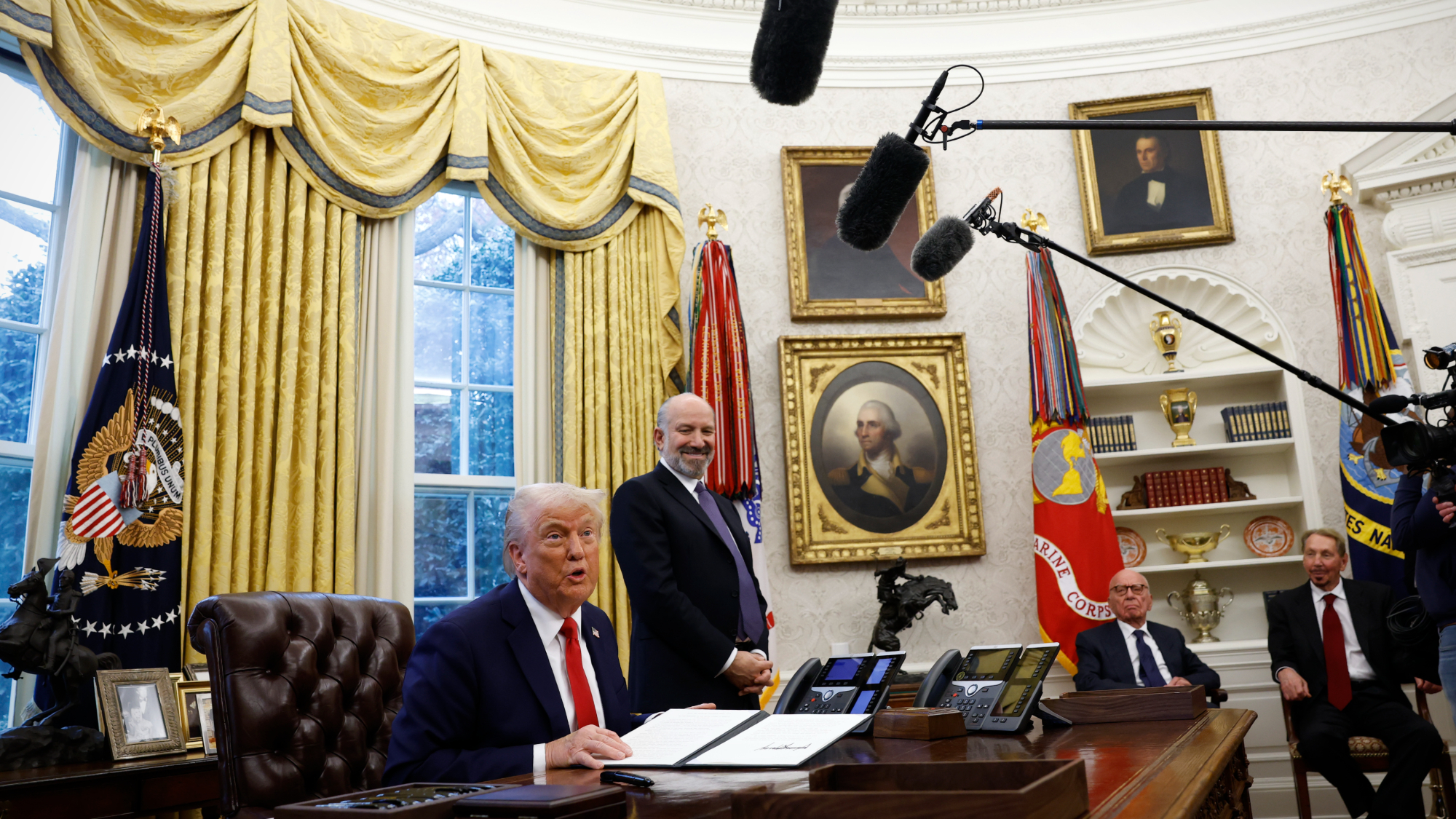 Trump's China tariffs start after Canada, Mexico pauses
Trump's China tariffs start after Canada, Mexico pausesSpeed Read The president paused his tariffs on America's closest neighbors after speaking to their leaders, but his import tax on Chinese goods has taken effect